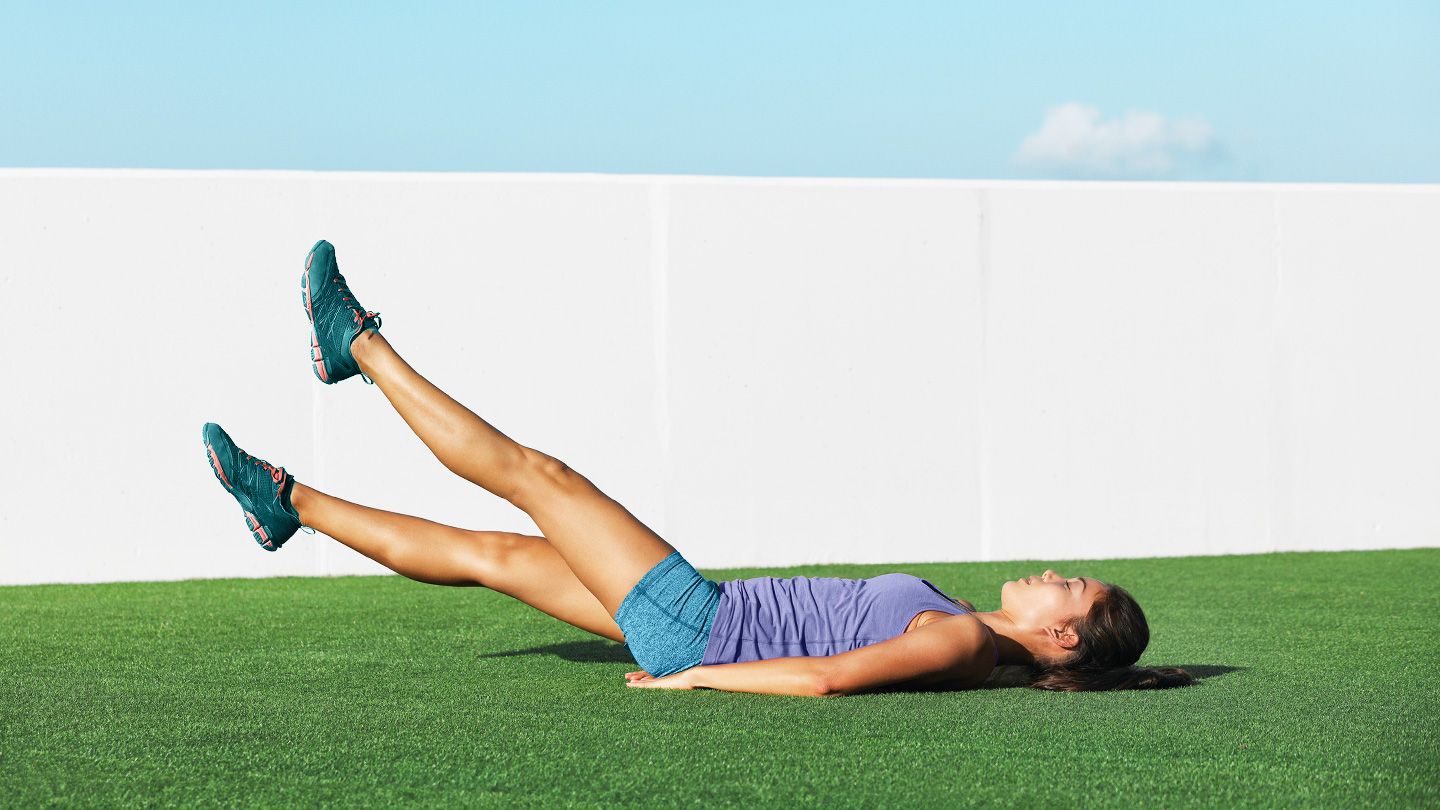The human body makes a myriad of noises, most of which are completely natural and totally harmless. That includes clicks, pops, and snaps from your joints as you move around, particularly during exercise. This typically occurs when a muscle or tendon moves abnormally over a bone or when bones rub together and create friction.
If your hip pops when doing leg lifts, it’s known as a snapping hip. It may mean that your hip rotators are weak or tight — an issue you can address with exercises and stretches. However, if you feel pain that accompanies a clicking sound, it could be something to be concerned about. Talk to your doctor or physical therapist about it.
Snapping Hip Syndrome
Your doctor may diagnose you with snapping hip syndrome if pain accompanies the clicking in your hips. The popping usually occurs when the iliotibial band (IT band), a thick band of fibrous tissue that runs along the side of the leg from the hip to just below the knee, snaps over the edge of the hip socket or the trochanter, which is part of the femur (the thigh bone), according to Stanford Medicine.
When you perform leg raises and your hip bends, the IT band moves from the back to the front of the trochanter, the large bump on the top end of the femur. This movement over the protrusion of the bone creates a snapping sound.
The tendon that runs from the inside of the femur to the pelvis, the rectus femoris tendon, can also create a clicking sound and be the cause of snapping hip syndrome, according to the American Academy of Orthopaedic Surgeons. When you perform hip raises, this tendon also moves across the front head of the thigh bone, making an audible click.
In some cases, torn cartilage can cause a clicking feel and sound. In this case, pain is usually prominent and might cause your hip to lock up completely.
Stretch Tight Muscles
Tight hip muscles can contribute to snapping hip syndrome, according to StatPearls. Your quadricep muscles on the front of the thigh, hamstrings on the back of the thigh, glute muscles, and IT band can all be tight with this condition. When stretching your thigh muscles, hold the stretch for 15 to 30 seconds, repeating each stretch three times in a row. Stretch these muscles every day when you are having symptoms.
Stretches should not be painful. Hold each position to the point that you feel a gentle pulling sensation. You might have some discomfort, but you should not experience sharp pain.
Stretch these muscles on both legs. Many of them attach to the pelvis, and tight muscles on one side of the body can contribute to dysfunction on the opposite side.
Other Exercise Considerations
If your hip clicking is because of bone friction, certain strategies can help stop the problem. Try doing leg raises with your knees bent or legs positioned slightly apart. You may also limit your range of motion, keeping your legs a good distance from the ground when lowering them down.
The American Academy of Orthopaedic Surgeons says that hip clicking without pain needs no treatment. If the sound itself worries you, skip leg raises and ice the area. You might also want to reduce the amount of exercises that involve the hip joint, such as cutting back on cycling and running, while you stretch and strengthen your hip muscles. The following exercises may help:
Read the full article here




